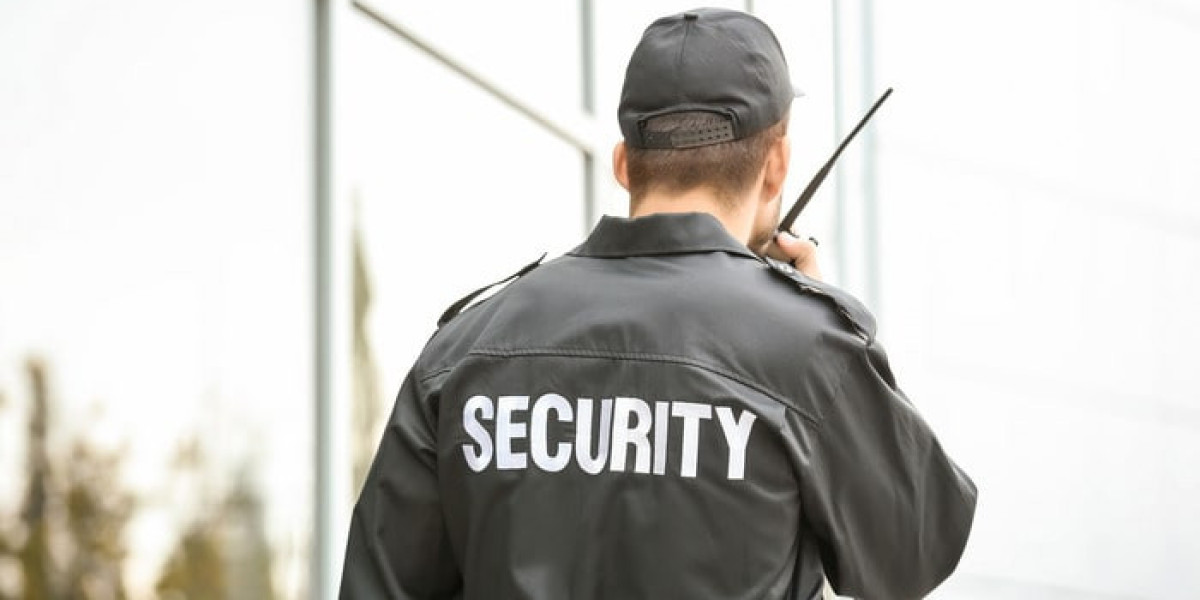Hospitals are sanctuaries of healing, where patients receive medical care and staff members dedicate themselves to saving lives. However, these institutions are not immune to security threats, making the role of hospital security guard officers crucial in maintaining safety and order. Security officers in healthcare facilities perform various duties that ensure the protection of patients, staff, visitors, and assets. Their presence deters criminal activity, prevents violence, and contributes to an environment conducive to healing.
The Importance of Hospital Security:
Healthcare institutions face unique security challenges. These include managing aggressive patients, handling unauthorized visitors, preventing theft, and ensuring emergency preparedness. The presence of security guards is essential in mitigating these risks and maintaining a safe atmosphere. Without security officers, hospitals may become vulnerable to incidents that can compromise patient care and disrupt medical operations.
Ensuring a Safe Environment for Patients:
Patients come to hospitals seeking treatment and care, often in vulnerable conditions. Hospital security officers play a pivotal role in ensuring their safety by monitoring access points, preventing unauthorized entry, and responding to disturbances. They also assist medical staff in handling violent or disruptive patients, preventing harm to both healthcare workers and other patients. Additionally, security personnel help transport critically ill patients within the facility, ensuring their movement is smooth and secure.
Protecting Hospital Staff and Visitors:
Medical professionals and support staff work tirelessly to provide quality healthcare services. However, they may face threats from agitated patients, disgruntled family members, or external intruders. Security guards act as a protective shield, intervening in conflicts, de-escalating volatile situations, and ensuring that medical staff can perform their duties without fear. Visitors also benefit from the presence of security personnel, as they help maintain order in waiting areas and guide individuals to appropriate locations.
Managing Emergency Situations:
Hospitals must be prepared for emergencies such as fires, natural disasters, or violent incidents. Security officers are trained to handle these crises by following established protocols, evacuating individuals safely, and coordinating with law enforcement or emergency responders. Their quick response can be the difference between life and death, making their preparedness a critical component of hospital safety.
Preventing Theft and Property Damage:
Hospitals house expensive medical equipment, pharmaceuticals, and sensitive patient records. Theft or vandalism of these assets can severely impact healthcare operations. Security guards conduct regular patrols, monitor surveillance systems, and ensure that only authorized personnel have access to restricted areas. Their vigilance helps prevent losses and maintains the integrity of hospital resources.
Enhancing Overall Security with Technology:
Modern hospital security integrates technology with human oversight. Security officers work alongside surveillance cameras, access control systems, and alarm systems to detect and respond to threats efficiently. They are trained to utilize these tools to monitor hospital grounds and react swiftly to security breaches. Their ability to combine traditional guarding methods with technological advancements enhances overall safety.
Building Trust and Reassurance:
Beyond their protective roles, hospital security officers serve as ambassadors of reassurance. Their presence alone can ease the anxiety of patients, staff, and visitors, creating a sense of security. By offering assistance, providing directions, and engaging in friendly interactions, they contribute to a welcoming and supportive healthcare environment.
Final Thought:
Hospital security guard officers are an indispensable part of healthcare institutions. Their responsibilities go beyond patrolling hallways—they safeguard lives, protect assets, and ensure a peaceful environment conducive to medical care. As hospitals continue to evolve and face new security challenges, the role of security officers will remain vital in upholding safety and order. Their commitment and vigilance make them silent guardians, ensuring that hospitals remain places of healing and protection for all.







